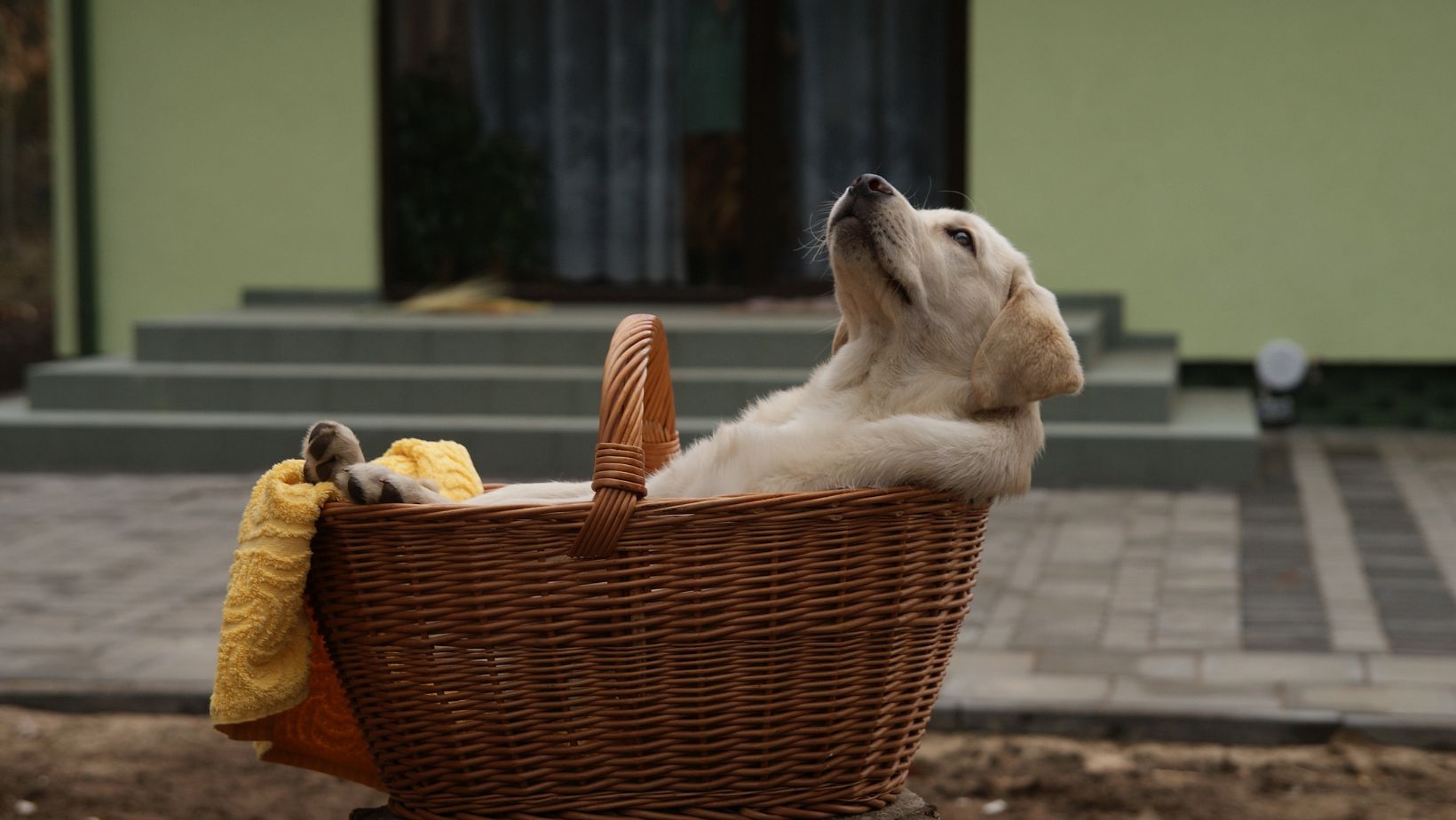How to Stop Food Aggression in Puppies Towards Other Dogs
Are you struggling with food aggression in your Labrador puppy? Don’t worry, I’ve got you covered! In this article, I’ll share some effective strategies on how to stop food aggression in puppies towards other dogs. Whether you’re a new pet parent or have been dealing with this issue for a while, these techniques will help foster harmony during mealtime.
Food aggression can be a common problem among puppies, especially when it comes to sharing their meals with other dogs. It’s important to address this behavior early on to prevent any potential conflicts or injuries. By implementing the right training techniques and understanding the underlying causes of food aggression, you can create a positive environment where your Labrador can eat peacefully alongside other dogs.
In this comprehensive guide, we’ll explore various methods to tackle food aggression in Labradors. From establishing consistent feeding routines and using positive reinforcement techniques to desensitising your puppy to triggers and creating a safe feeding space, we’ll cover it all. So let’s dive in and learn how to put an end to food aggression in puppies towards other dogs once and for all.
Remember, each dog is unique, so it may take time and patience before seeing significant improvements. However, by following these proven strategies and remaining consistent in your approach, you’ll be well-equipped to overcome food aggression challenges with your Labrador puppy.
Understanding Food Aggression in Puppies
When it comes to our furry companions, it’s important to address any behavioural issues early on. One such issue that many pet owners may encounter is food aggression in puppies. Food aggression refers to the aggressive behavior exhibited by puppies towards other dogs when it comes to their meals. This can include growling, snapping, or even biting.
So why do some puppies develop food aggression? Understanding the underlying causes can help us tackle this problem effectively. Here are a few factors that may contribute to food aggression in puppies:
- Instinctual Behavior: Dogs have evolved from their ancestors who had to compete for resources like food in the wild. This instinctual drive can sometimes manifest as food aggression, as they feel the need to protect what they perceive as their valuable resource.
- Resource Guarding: Some puppies may develop a habit of guarding their food due to past experiences where their meals were taken away or shared with other dogs. This leads them to become possessive and defensive over their food bowl.
- Lack of Socialization: Proper socialisation plays a crucial role in shaping a puppy’s behavior around other dogs and new environments. If a puppy hasn’t been exposed to different situations involving mealtime and sharing with other dogs, they may be more prone to developing food aggression.
- Fear or Anxiety: Puppies who feel threatened or anxious during mealtimes may resort to aggressive behaviors as a way of defending themselves or asserting control over their environment.
Now that we have a better understanding of why puppies exhibit food aggression, let’s explore effective strategies for addressing this issue in my next section “Tips for Managing Food Aggression in Puppies.” Stay tuned!

Common Triggers for Food Aggression
When it comes to addressing food aggression in puppies, understanding the common triggers can be a crucial step towards finding a solution. Here are some key factors that can contribute to food aggression in Labrador puppies and other dogs:
- Resource Guarding: Dogs, especially those with a history of limited access to resources, may exhibit food aggression as a way to protect what they perceive as their valuable possessions. This behavior stems from their instinctual need to secure their food source and ensure their own survival.
- Lack of Socialization: Puppies that have not been properly socialized with other dogs during early development stages may struggle with sharing resources like food. Without exposure to different social situations, they may feel threatened or anxious when another dog approaches while they’re eating.
- Competitive Environment: Living in a multi-dog household where there is competition for resources can also trigger food aggression. If dogs are not given separate feeding areas or if mealtimes become tense due to competition, it can escalate into aggressive behavior.
- Learned Behavior: Sometimes, unintentional reinforcement of possessive behaviors around food can lead to the development of aggression over time. For example, if a puppy growls when approached while eating and receives no correction or intervention, they learn that this behavior is effective in protecting their meal.
- Fear or Anxiety: Dogs who have had negative experiences around mealtime or have underlying anxiety issues may display food aggression as a coping mechanism. They might associate approaching dogs with potential threats and react defensively.